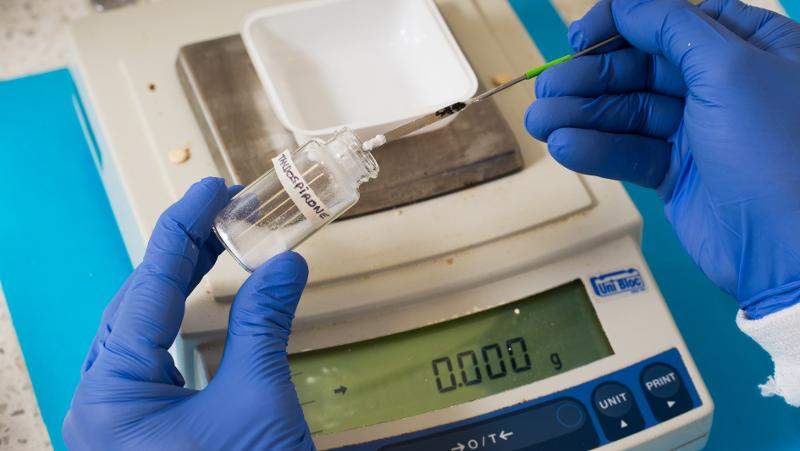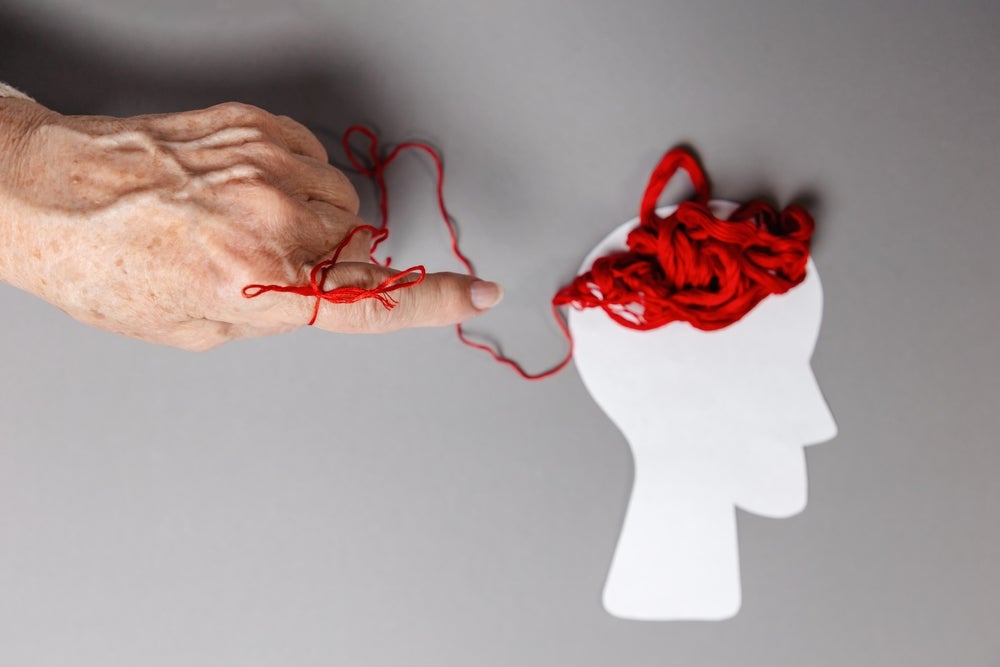
Researchers at Queensland University of Technology (QUT) have identified a drug that could help reverse alcohol-induced brain deficits, including an impaired ability to regenerate brain cells. Their findings were published in the journal Scientific Reports.
Following a 15-week period of alcohol consumption, adult mice were given daily treatments of the drug tandospirone, which acts on a serotonin receptor (5-HT1A). After a course of two weeks, researchers found that the negative effects on neurogenesis of the binge were reversed.
This is the first demonstration of tandospirone’s ability to reverse the deficit in brain neurogenesis caused by alcohol consumption. While previous studies have shown the drug improves brain neurogenesis, this is the first example of it actively reversing neurogenic impairments.
“This opens the way to look at if neurogenesis is associated with other substance-abuse deficits, such as in memory and learning, and whether this compound can reverse these,” said the study’s lead neuroscientist Professor Selena Bartlett.
The study also showed that the drug prevented anxiety-like behaviour commonly linked with alcohol withdrawal. This was accompanied by a marked reduction in binge-like alcohol intake.
“This drug is relatively new and available only in China and Japan. It is commonly used there and shown to be highly effective in treating general anxiety and well tolerated with limited adverse effects,” study co-author Dr Arnauld Belmer said.
How well do you really know your competitors?
Access the most comprehensive Company Profiles on the market, powered by GlobalData. Save hours of research. Gain competitive edge.

Thank you!
Your download email will arrive shortly
Not ready to buy yet? Download a free sample
We are confident about the unique quality of our Company Profiles. However, we want you to make the most beneficial decision for your business, so we offer a free sample that you can download by submitting the below form
By GlobalDataResearchers are seeking treatments to combat periods of heavy alcohol use as well as symptoms of anxiety and depression that accompany withdrawal.
“This is not just another drug that shows promise in helping to reduce binge drinking,” Bartlett said. “While it could possibly have that effect, it might be able to help reboot the brain and reverse the deficits the alcohol abuse causes – both the inhibition to the brain’s ability to regenerate, and the behavioural consequences that come from what alcohol is doing to the brain, like increases in anxiety and depression.”
Only a small number of drugs are currently licensed to treat alcohol addiction, and they do not suit all patients. In the UK there are four treatments specifically for alcoholism: disulfiram, naltrexone, acamprosate and nalmefene. All of these except nalmefene are also licensed in the US.
As there are so many parts of the brain that can be affected by alcoholism, experts have argued that the available treatments do not address the full complexity of addiction. Another major obstacle for new treatments is the investment required. Bringing a new central nervous system compound from discovery to market costs over $1.8 billion, and takes approximately 18 years to develop.
However, as understanding of alcoholism’s underlying neuroscience increases, potential treatments are starting to be uncovered, with a number of trials underway.
A driving force in developing new treatments is the US National Institute on Alcohol Abuse and Alcoholism (NIAAA). It is currently supporting studies of over 30 possible treatments. The agency focuses on identifying how changes in neurobiological pathways contribute to alcohol addiction, its links to other substance abuse, and how pathways may be modified to aid recovery.
One such example is a new compound ABT-436, which reported positive results in NIAAA’s Phase III study in April 2017. This blocks the hormone vasopressin, and in so doing helps to regulate brain circuitry involved in emotion, particularly stress and anxiety.
One of NIAAA’s researchers, Dr Lorenzo Leggio, is examining routes not traditionally linked to the condition to identify new drug targets. He is conducting a study that antagonises the receptor for the ‘hunger hormone’ ghrelin. This is because there is some overlap in feedback regulation for alcohol addiction and appetite, making the relationship between the gut and brain of interest to researchers.







